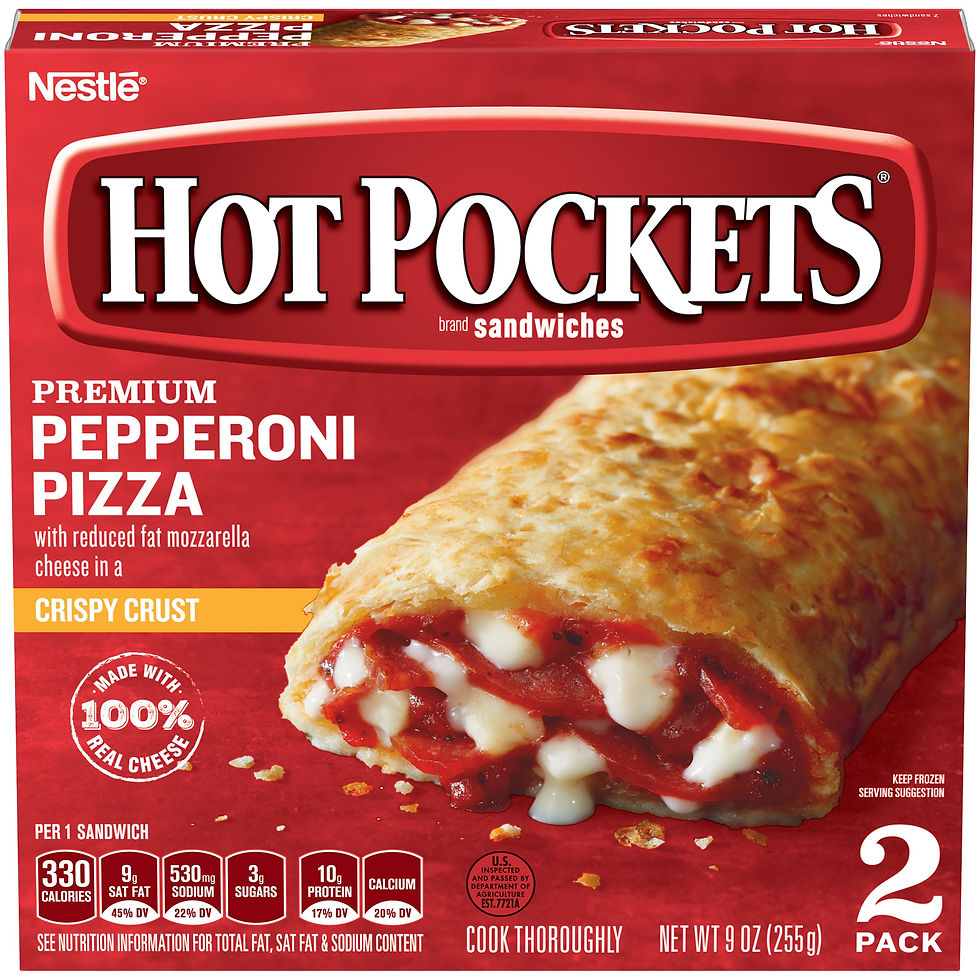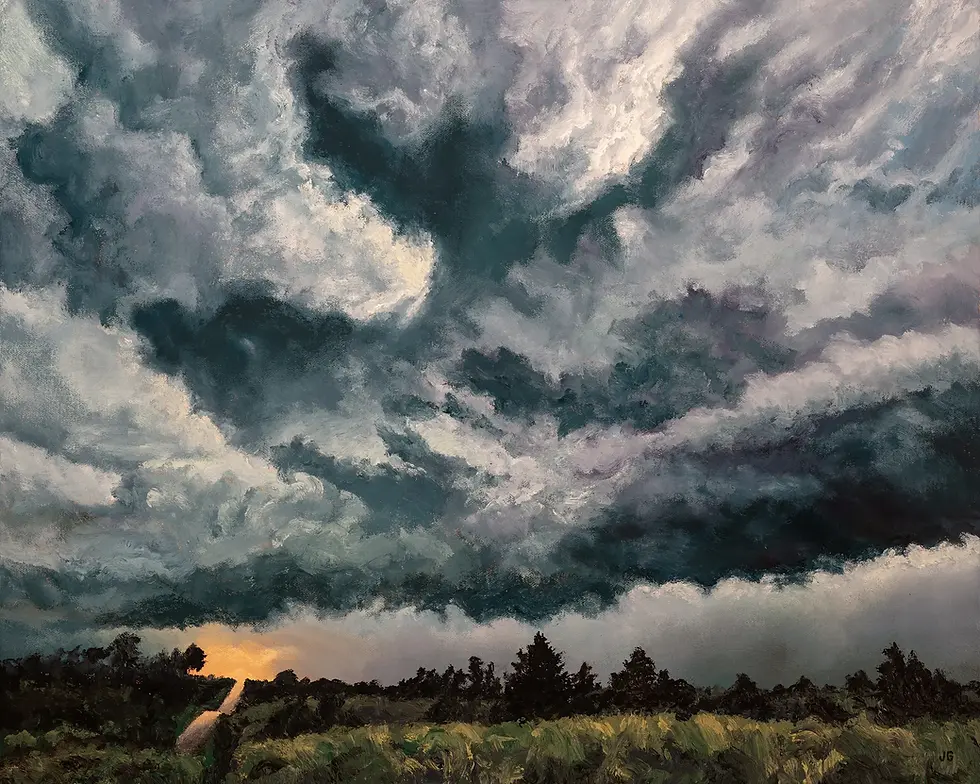"Staycation"; excerpt, section ii
- Colin Fleming

- Jul 25, 2019
- 7 min read
Thursday 7/25/19
This is good. This is how we do it. I'm going to have to change the first section a little, but "Staycation" is locked into the groove now. And just like that, we roll into another story as good as "Fitty," which was only completed, what, last Thursday, with a Washington Post piece on Melville sandwiched in-between, and a Miles Davis essay for somebody, hopefully. Just follow it up, days later, with another work of fiction every bit as strong. I don't have kids, you know. I'm a man entirely alone. I always bristle when someone says you can't know something unless you've lived it. Maybe for other people. Not for artists. Not for some artists, anyway. You can know things more. You can potentially know everything more. Depends on who you are as an artist.
Again, I will be going very slowly with it. That's just sort of what I've settled into it. That's what I'm comfortable with right now, that's what is the right thing to do. Obviously it's not like I can do anything with this at this point in my life anyway. But I'll have it for later, when the time has come, finally come.
A friend texted me last night that something has to give. I understand why she thinks this. I felt bad saying that one would think so, but that something should have given fifteen years ago. And if one knows the achievements, and how they ramped up in quality and volume going back to 2013--that year struck me as a biggish one, as I became an NPR regular, there was an Atlantic print feature, "First Responder" was in the VQR (where I can now not even send "Fitty," because I am banned there; what The Atlantic has gone on to do--I am still working on that blog--is well worse, which is saying something, even by the standards of how many of these people conduct themselves)--you would have said, with greater conviction, that something has to give. Literally hundreds of things here would make you say that. Individually. But in their totality? As I mentioned to this person, that is one reason why this is the greatest mind fuck ever, it was has lent credence to this idea, which people I have known, friends and family, have echoed, that I am cursed. When they allow that that is possible, because it's hard to completely back off of that idea at this point, they operate, it seems to me, under a premise that the curse can be repelled, but I don't know.
I feel like there is nothing I can achieve that is going to change this situation. For instance, if it's not completely rigged, I can get this Guggenheim. Maybe not this year, but at some point, if it's so much as 1% about talent and achievement rather than the regular rigging and connections. If and when I get that, that will up the hatred. I'm pursuing it for one reason: the money, which I need right now. And the time that the money would buy me, so I can focus on one or two things for a year. Or save some of the money for a get-your-house-back-in-Rockport fund. But maybe it's just going to change, because of what I generally am and constantly do, not a single certain thing. But maybe a certain single thing. I don't know. I keep trying.
This is the second section of "Staycation." It will change, probably, less than the first, and maybe not at all. But with a work of fiction, this is the best feeling. When you know you have the masterpiece. When you know you have something no other writer can come close to. You get to walk around with it in your head, you have that power; you can put the power into action any time you want. It's like pressing a button at that point. Just press the button, boyo, unleash the power. You have the pieces, you have the people. But you're not done. The hard part is done. Realizing it--think of it like playing the music from the written score--is the fun part. True, it's a lot more fun--and would be actual fun for me; o, it would be sheer joy--if you know it's about to be seen by a million people and going to be praised or derided but talked about and shared and debated and out there impacting. Impacting impacting impacting. Nothing is more important that that. Impacting. These awful writers who are loved by the system, who can all but literally shit on a page and it's going into the "top" venues, and even still they possess such paucity of ability that they can't manage one of those shits but every two years.
Look at this:
***
The ground shifted underfoot, friable, like the land was made of mulch rather than loose dirt and weed sprigs, or sunbaked nickels turned a desiccated shade of soft pewter. The yard behind Carl’s house all but glowed, but glowed like the first few feet of descending stone in a well caught in an oblique ray of sun, not chrome in mid-morning.
He inspected the car for dents along the right bumper after parking it behind the house, finding none. Nor was there blood. Coe said that the people you met and all of your memories were like nickels in your pockets and when you took a bunch out to look at them all at once they made a big face and the big face was your life.
“And they all come together. Dad.”
“Do they now?”
In the space of a backbeat—a thrusting into position of her head, lips parting—she was John Lennon, hands cupped around her mouth, presumably for the effect of studio echo, her still girlish hips torqueing away, “Here come Old Flat Top, he come, groovin’ up slowly…”
“Why nickels?” he had asked, putting his hand atop his daughter’s scalp, as if halting a spinning top, a quick break in her latest kitchen concert as he tossed salad. She peaked over the top of the polished bowl of the walnut hue.
“Fucking kale.”
“Hey.”
“The ribbed part. Blah. Ribbed.”
“Stop saying ribbed.”
She assented, sitting on the bar stool next to his, off of the main aperture of the kitchen, where they did most food prep.
“Nickels have more heft. Dimes are the coin versions of Frisbees you can whip away, quarters are presumptuous. Don’t get me started on half dollars.”
Then, once more, she was Lennon. “You can be the drum part, dad,” she’d say, beating his back from her sitting position.
He’d smile and wonder what the world would look like if other sixteen-year-olds were like his daughter. Better for the world. Or maybe not. It was important to him that there was only her. Maybe it was important for the world, too.
“Speaking of round, your head looks extra ovular today.”
“Not this again.”
“Dad…”
“Ugh, fine.”
He bent down so she could run her fingers along the back of his skull. “It’s like a soccer ball.” She made him feel like Charlie Brown. Her own head was shaped like a teardrop.
It occurred to him that his family did a lot of touching of heads. They were at the gun range when he put down his service revolver to scratch his temple where a horse fly had bitten him the day before on Nahant Bay. He had blinked and double-blinked over the pages of a new Duke Ellington bio, the text shimmering in a way that made him curious if the sun could make ink run, a loose string of big band tunes associatively playing in his mind, Brea smiling next to him at nothing in particular, her foot digging towards his under a burrow of sand, Coe and her friend Walt squatting in the surf, seeing who would topple first in the onslaught of waves.
“Dad?”
“Mmm?”
“Probably put down the gun if you’re going to try to scratch through the side of your head.”
“Safety’s on. But you’re right.”
“Did you know," she continued, "that the average person touches their own face on average five times times per minute? We just keep coming back to it,” she finished nonchalantly, her mind elsewhere, words like a wake dispersing verbal waters; what his own father would have called after-the-fact sound, or ghost sound. Been-there-and-done-that sound.
There was a kid in grammar school named Danny Rocap who was the only kid who raised his hand when the teacher asked if anyone in the class slept with their entire body under the covers.
Duncan remembered thinking he was a liar. You wouldn’t do that. But each morning before he would go to work he would go into Coe’s room, cracking the door like a kid practicing at breaking eggs for the first time, no matter how many attempts had been made since, and there she would be: head submerged, pillow presumably present but visually absent, a ridgeline of toes the only evidence of a person in attendance save the sloping contours of this, a beloved lump.
Sometimes an “I love you daddy” would emerge, the voice clothen, as if it itself were wrapped in flannel, its owner in shared temporary possession of a circulatory system with a checkerboard comforter and balled up sheet, before the march to school could not be delayed any longer, and bed-human became human-human.
She would never call him that any other time, certainly not while wholly awake, to say nothing of deep into teen years.
But it was nice to think that it remained somewhere in her emotional shading. Or remained part of the face she saw when she took coins out of sleepy pockets. His brain would race to find all of the adjectives and superlatives to accurately convey his pride in who this person was, but overwhelmed by the onslaught, he’d default to the doorknob, in the end, inch into his retreat, and say, “I love you too, Coe.”
He settled back into the room in Carl’s house where he had left the television unpacked and plugged in. Operational. Some photos of his wife were left out. He still wondered if she had been telling the truth about that Texas accent. She probably had. Brea’s head was shaped like an egg.
Brea egg, Duncan soccer ball, Coe teardrop.
And he turned on the news, to see if he was on it.





Comments